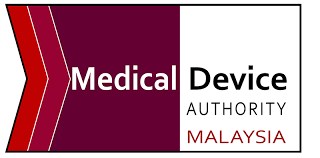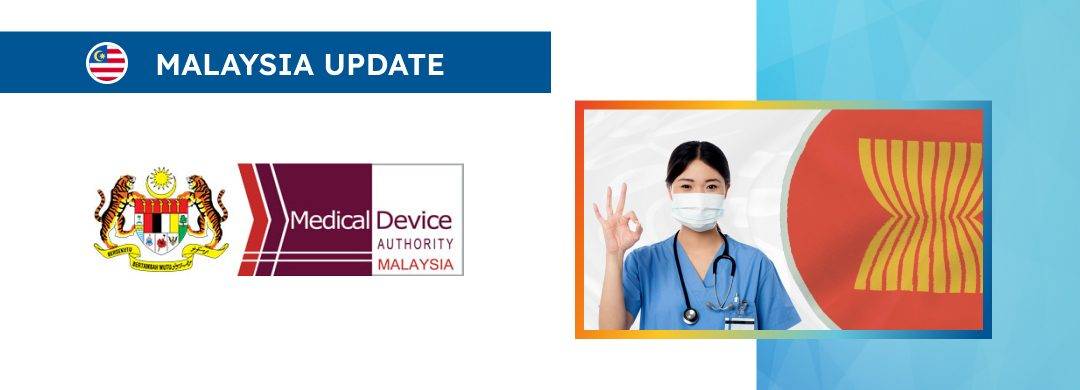The article provides a brief overview of the approach to be applied concerning the classification of medical devices. It highlights the key points to be taken into consideration in this respect.

Table of content
The Medical Device Authority (MDA), a Malaysian regulatory agency in the sphere of healthcare products, has published a guidance document intended to assist industry representatives in complying with the applicable medical device regulatory requirements related to the classification of medical devices covered by the scope of Medical Device Act (Act 737).
The document provides additional clarifications and recommendations to be considered to ensure compliance with the aforementioned regulatory requirements.
It could be subject to changes, should such changes be reasonably necessary to reflect corresponding amendments to the underlying legislation.
In particular, the present document is intended to guide manufacturers and authorized representatives in the medical device industry within the ASEAN region.
The document is aligned with the ASEAN Medical Device Directive and aims to standardize and harmonize the classification of medical devices across ASEAN countries.
Introduction and Scope
The document begins with an introduction to the ASEAN Medical Device Directive (AMDD), which was established to harmonize medical device regulations among ASEAN countries.
This initiative took effect on January 1, 2015, with Malaysia signing the agreement on April 23, 2020.
The classification of medical devices is a requirement of the AMDD, and this document guides the risk classification of medical devices, including in-vitro diagnostic (IVD) devices.
The classification is aligned with the risk-based classification stipulated in Annex 2 and 3 of Article 4 of the AMDD and the First Schedule of Medical Device Regulations 2012.

Classification Criteria
The document details the criteria for classifying medical devices into four classes (Class A, B, C, or D) based on their risk level.
This classification is essential for regulatory compliance and ensuring the safety and efficacy of medical devices.
It covers a broad range of devices from various medical fields and emphasizes the importance of consistency in classifications to facilitate better regulatory processes across ASEAN countries.
Annexes and Specific Classifications
In addition to the general descriptive part, the document contains comprehensive annexes, which list specific medical devices and their respective classifications.
These annexes are detailed and cover a wide range of devices, providing clarity on the classification of each device. For instance, the categories range from Class A for low-risk devices to Class D for high-risk devices, depending on such factors as intended use, the technology involved, and potential risks associated with the device.
Updates and Amendments
The document also mentions that it will be updated annually to reflect the latest decisions of the ASEAN Medical Device Committee (AMDC).
This ensures that the guidance stays relevant and in line with the latest regulatory developments and technological advancements in the medical device sector.
Contact Information
Lastly, the document provides contact information for the Medical Device Authority, offering a point of contact for further details and clarifications.
This is a critical aspect for industry stakeholders who may need additional guidance or have specific queries regarding the classification of their products.
In summary, the present MDA guidance provides clear, structured guidelines on the classification of medical devices, aligning with the objectives set forth by the AMDD.
Conclusion
By standardizing these classifications, the document ensures that medical devices marketed in the ASEAN region meet consistent safety and efficacy standards, thereby protecting public health and facilitating smoother regulatory processes.
The document will be subject to periodic updates to ensure it remains a reliable reference for industry stakeholders.
How Can RegDesk Help?
RegDesk is an AI-powered Regulatory Information Management System (RIMS) designed to simplify global compliance for medical device companies. With regulatory intelligence covering 120+ markets, RegDesk helps you prepare and publish global submissions, manage standards, conduct impact assessments, and stay ahead of regulatory changes all from a single, centralized platform. Expanding into new markets has never been easier.

